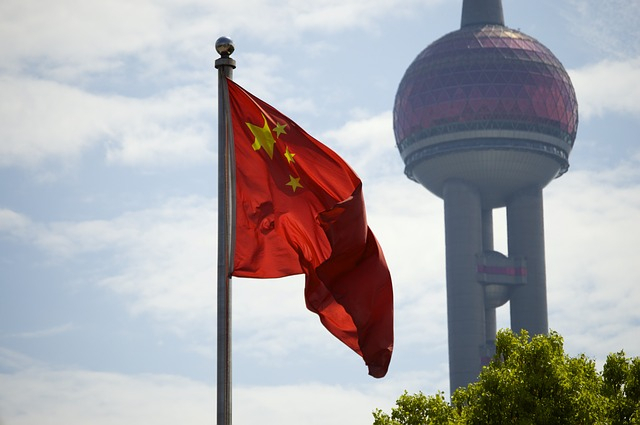A Chinese pastor was imprisoned on Monday with charges of inciting subversion of state power and illegally operating a business. The Early Rain Covenant Church pastor was sentenced to nine years in prison after being detained by the police since December 2018. The church is one of the well known protestant church houses which is unregistered.
Wang Yi, before being imprisoned felt compelled to talk about the background of the actual reason in which he was being arrested. The Chinese government has been coming down on religious freedom beginning with the persecution of the Muslims in Uighur and now the Christian population.

In October Wang Yi had asked his congregation if they had successfully spread their gospel throughout the city. Despite the Chinese constitution mentioning religious freedom the discussion about religious persecution in China is rising with the Xi Jinping government.
The Hall Wang preached in is empty
There has been a crackdown on churches, both Catholic and Protestant in China. People's Intermediate Court said that as a part of his sentences Wang is deprived of his political rights for the next three years and an amount of 50,000 yuan has been confiscated from his personal property. Religious freedom is being seen as a challenge in Chinese growth and the communist ideology. He is being convicted of illegal business operations.
A year ago there was a major crackdown on several unauthorized religious institutions which led to many institutional leaders being detained. Some were released after investigations. The Nobel Prize winner Liu Xiaobo was imprisoned in 2009 for inciting subversion of state power. He passed away in 2017 after reaching the final stages of cancer.
China has so far barred religious studies among the children from Tibet and sent Muslim minorities into re-education centres as a part of the internal reform.









